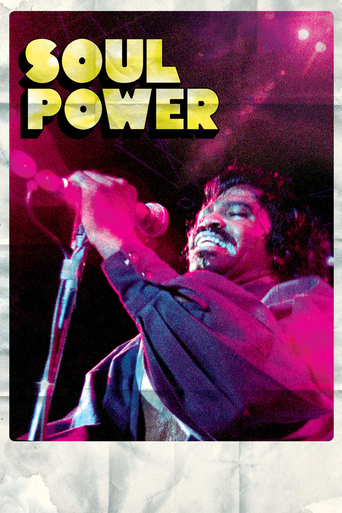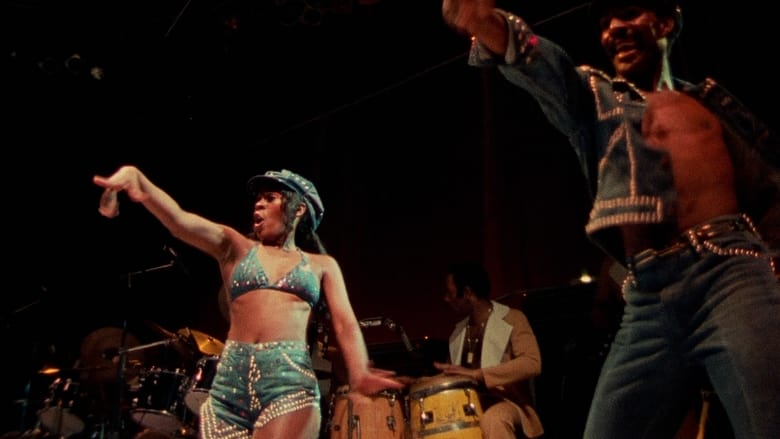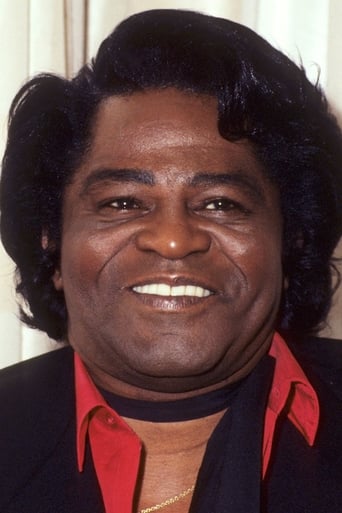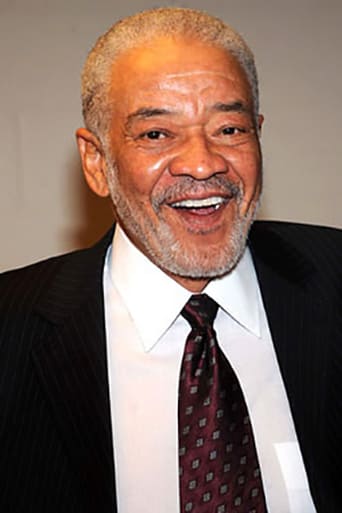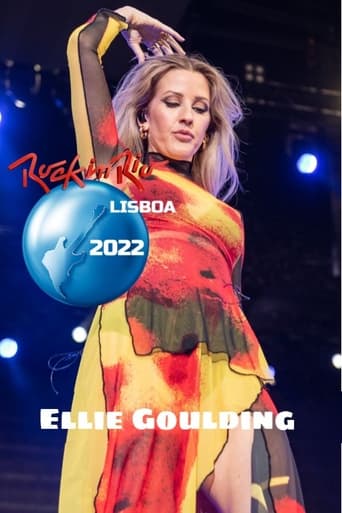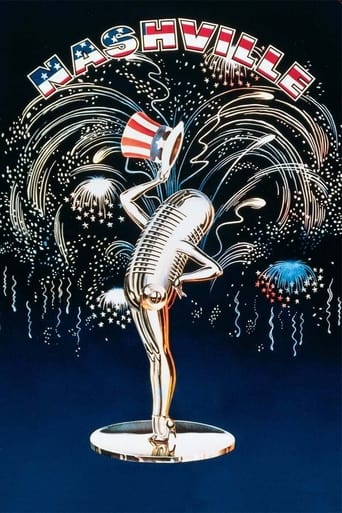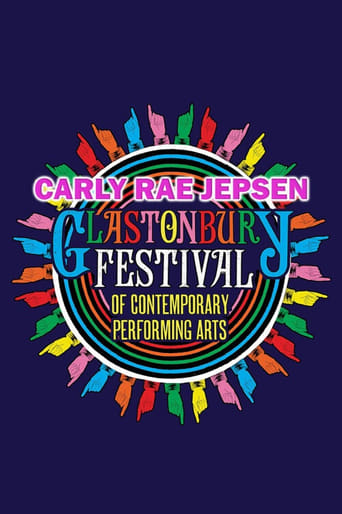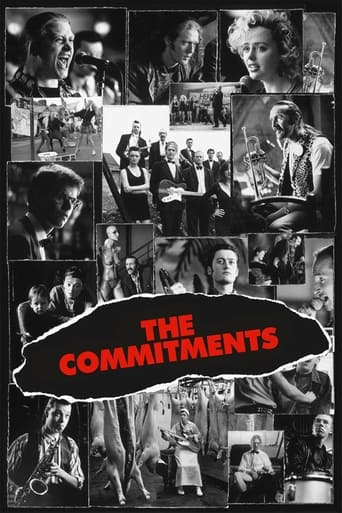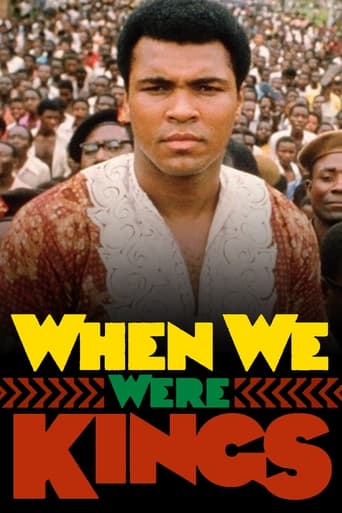Soul Power (2008)
Soul Power is a 2008 documentary film about the Zaire 74 music festival in Kinshasa which accompanied the Rumble in the Jungle heavyweight boxing championship match between Muhammad Ali and George Foreman in October 1974. The film was made from archival footage; other footage shot at the time focusing on the fight was edited to form the film When We Were Kings.
Watch Trailer
Cast
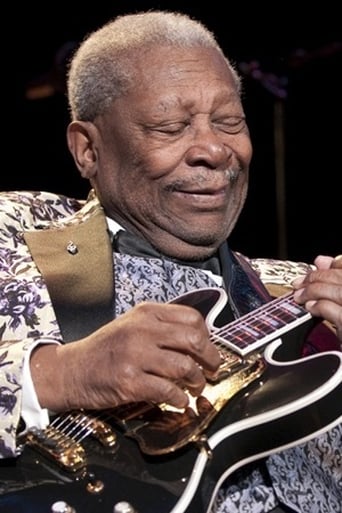
Similar titles
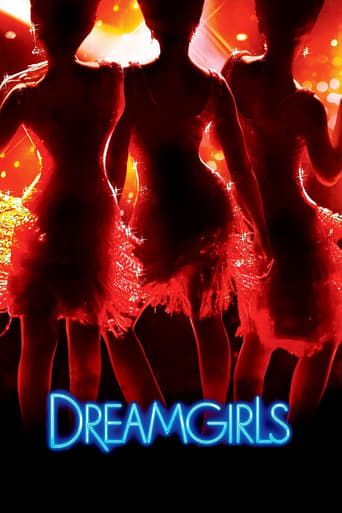
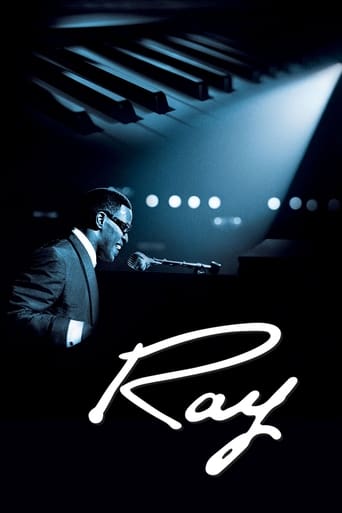
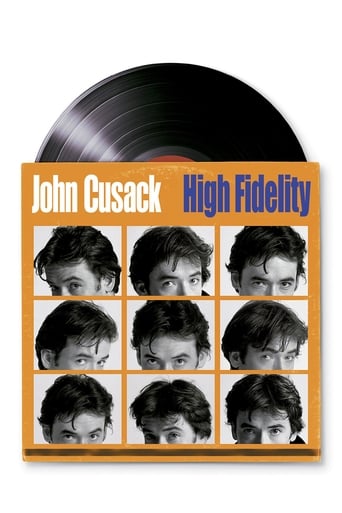
Reviews
Best movie ever!
Blistering performances.
All of these films share one commonality, that being a kind of emotional center that humanizes a cast of monsters.
The film never slows down or bores, plunging from one harrowing sequence to the next.
The scene is the setting of the 1974 'Rumble in the Jungle' world heavyweight fight between Muhammad Ali and George Foreman in the Democratic Republic of Congo. The event is Zaire '74, a three day music festival in Kinshasa that featured black artists from both America and Africa. To this end we have a selection of soul, R&B, funk and blues mixed in with popular African music of the day. The event attracted a few big name American artists such as James Brown, Bill Withers, B.B. King, The Spinners and The Crusaders. But what added to the overall feel of the event was that it uniquely allowed for the African-American musicians to not only perform to a whole new appreciative audience but to also return to their spiritual African roots.The film is sort of unique because of its historical context where a group of film-makers were paid to professionally document everything but financial red tape resulted in the footage remaining unseen for over thirty years. Not only does this give the material an extra interest factor in itself but it has allowed for a new documentary to be made entirely using old unseen footage. Wisely, the editors have decided to only use footage from the time, with no contemporary interviews of participants looking back at events and reminiscing. This achieves two things in that it makes the material seem more urgent and of the time, while also attempting to finish the project that was abandoned over three decades previously by only using the footage actually shot. It documents events from the pre-concert stages through to the finale of the show. The details surrounding the event, like snippets of the locals, interviews with the participants and behind the scenes details make it a very interesting and rounded historical document. The fight itself is marginalised, although we do hear promoter Don King in full flow and Ali is seen several times letting fly with many of his opinions on race-related issues of the day. The music itself perhaps doesn't get as much of a showcase as it might but I think overall by including all of the periphery details the film-makers have captured a time and place even better.
It's 1974 Kinshasa, Zaire. Promoters Hugh Masekela and Stewart Levine are organizing a companion music festival for the Ali-Foreman fight. It is to be the combination of African American music and musicians from mother Africa. James Brown is the headliner. A few days before the event, the fight is delayed due to Foreman's eye cut. The problem is that the music festival can not be delayed. The show must go on. This documentary starts like a freight train with James Brown and Soul Power. The main problem stems from the fact that it doesn't follow one person. It's a scattered way to tell a narrative. There is no structure. It's more like a series of behind-the-scenes snippets. There are amazing scenes of the stars talking, and some great musical performances. It's a nice series of vignettes that allows the audience to travel back in time to a specific place.
Soul Power is the story of the legendary concert in which Don King promoted a concert full of African American soul artists. There was also a fight between Muhammed Ali and George Foreman. I walked in expecting a soulful vibe and a fun time. I walked in expecting wrong. The film is just stock footage thrown together with no real story or fun behind it. There are very few good things. One thing is that in the first half they somewhat intrigue us with the question: will this concert actually happen? In the second half, they leave that question, and basically show boring stock footage with a couple of good shots thrown in. You can tell the filmmakers aren't really trying to tell us about the concert as much as throwing stock footage together. It's a film that just leaves the audience bored. Also, I wanted less of the stock footage and more of the back story. It doesn't answer the questions I wanted it to. Muhammed Ali has a couple of good interviews, but I wanted to see more of the back story of the fight and how the fight was connected with the concert. It was just a boring movie that's essentially stock footage thrown together. This can only be described as one thing...boring.
This movie is a selection from many hours of footage produced before and during the music festival that was to accompany "The Rumble in the Jungle" - the heavyweight championship fight between Ali and Foreman in '74. The festival was meant to bring the American soul/r&b/funk/blues musicians "back home" to Africa and give them the opportunity to perform alongside African stars, such as Miriam Makeba. The movie is centered on James Brown, the main star of the three-day festival. It is more about the event as such, its "technical" background, than about schoolbook history. Even then, it leaves a lot of ambiguities open for the viewers to see. We hear Ali comment on the peaceful life Zairians lead while American blacks are ever threatened by accidents or (white) hatred. But this peaceful life is controlled by the government that urges the people to love their dictator. Although this movie doesn't deal with the political tensions involved in this Zairian sojourn, the implications are there. One thing that some viewers might not like is that "Soul Power" leaves little room for the African artists, focusing instead on the American greats like Brown or B.B. King. Another is that it's so short - King has only one feature, Brown has no more than three. At the Berlin IFF (Berlinale), the director (or editor, as the movie is simply made up of footage produced over 30 years ago) explained that he couldn't afford more than he did; also, some of the performances at the festival were of lower quality. As it is, the songs that we hear in "Soul Power" are beautifully shot - and finely recorded. At any rate, this movie is worth watching. It's interesting and it's funny. Go see for yourself!
